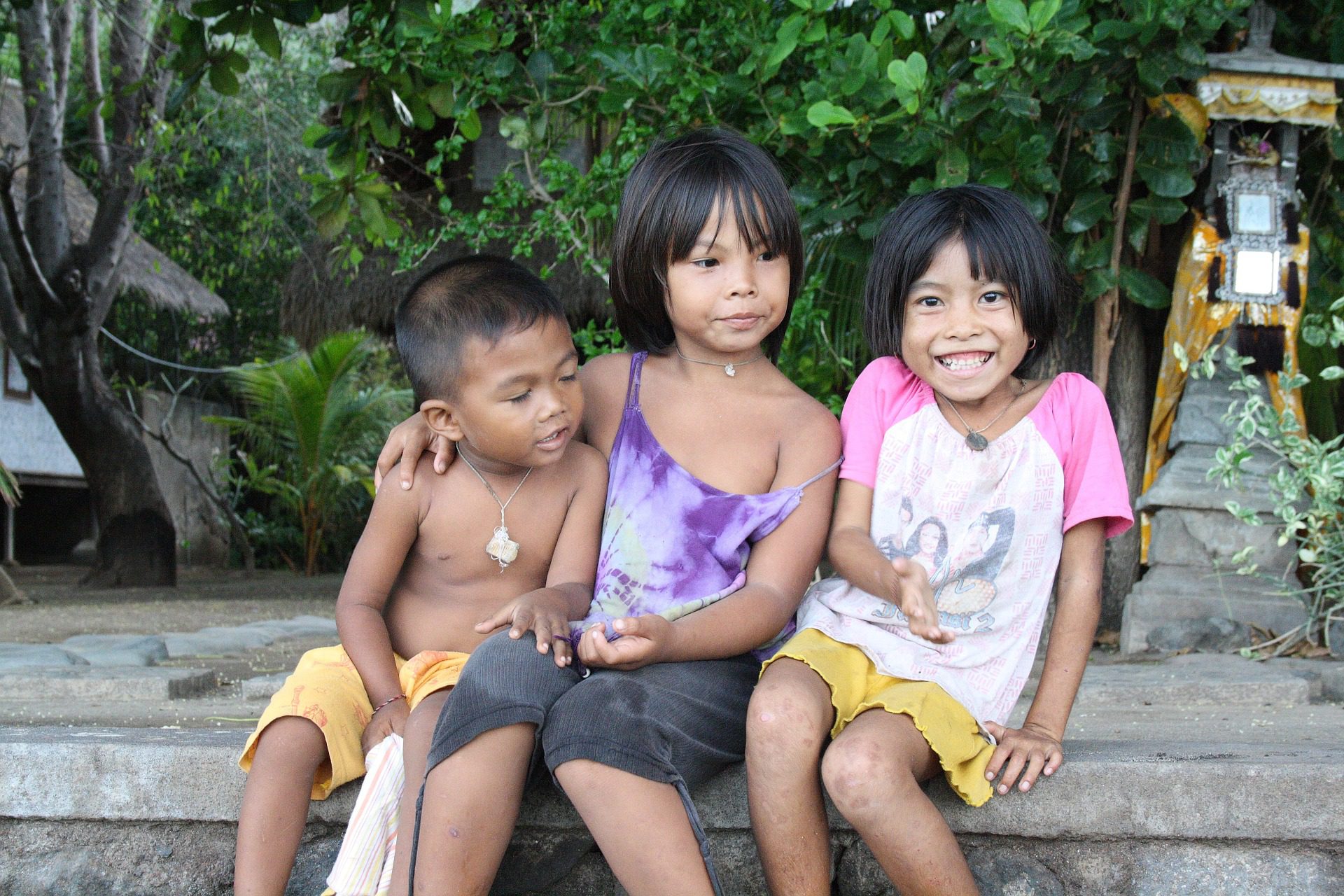
Always on Call:Abuse & Exploitation of Child Domestic Workers in Indonesia
Human Rights Watch urges Indonesia to:
- Strictly enforce fifteen as the minimum age of employment for all sectors, including domestic work; and enact regulations to provide for sanctions against all labor recruiters and employers, including employers in the informal sector, who recruit and employ children under fifteen.
- Prioritize the elimination of the worst forms of child domestic labor along with the five other child labor sectors already prioritized, and with assistance from ILO-IPEC institute a time-bound program to eliminate the worst forms of child domestic labor.
- Amend the Manpower Act, Law No. 23/2003, to:
- ensure that domestic workers receive the same rights as other workers, most importantly a minimum wage, a weekly day of rest, an eight-hour workday, rest periods during the day, and vacation and holiday leave;
- provide an effective penalty for violating the law; and
- prescribe a reasonable number of hours during the day that children, aged fifteen and older, including those in the informal sector, may work, to ensure that their work does not interfere with their schooling. A full set of detailed recommendations, addressed to the Indonesian central and regional governments, international organizations, and donor governments, is found in Chapter VII.
* * * * *
Human Rights Watch conducted research for this report in Indonesia in November and December 2004, and subsequently through telephone and electronic mail from New York. The report is based on field investigations in Java and Sumatra: in urban areas such as Bekasi, Jakarta, Medan, Pamulang, Semarang, Surabaya, Yogyakarta, and two sending areas (areas where child domestics are recruited), one outside Medan, and the other outside Yogyakarta. We spoke with more than 105 people, including forty-four current and former domestic workers ages eleven and older, as well as activists, lawyers, academics, and government officials at the local and national level. Children and adult domestic workers were interviewed outside their workplaces. Almost all of the domestics with whom we spoke had worked in more than one household, and many had worked in a quite a few. The names of all domestic workers have been changed to protect their privacy and preclude potential employer retaliation. In this report, in accord with the Convention on the Rights of the Child, “child” refers to anyone under the age of eighteen.
* * * *
This is Human Rights Watch’s twelfth report on child labor. To date, we have investigated bonded child labor in India and Pakistan, the failure to protect child farmworkers in the United States, child labor in Egypt’s cotton fields, abuses against girls and women in domestic work in Guatemala, the use of child labor in Ecuador’s banana sector, the use of child labor in sugarcane cultivation and abuses against child domestic workers in El Salvador, child trafficking in Togo, and the economic exploitation of children as a consequence of the genocide in Rwanda. In addition, we have published fifteen reports on the forced or compulsory recruitment of children for use in armed conflict, a worst form of child labor, documenting such abuses in Angola, Burma, Colombia, the Democratic Republic of Congo, Liberia, Sri Lanka, Sudan, and Uganda.
This is Human Rights Watch’s seventh report documenting abuses against domestic workers, including migrant workers, both children and adults. We have documented such abuses in El Salvador, Guatemala, Malaysia, Saudi Arabia, Togo, and the United States.
Read more here.
